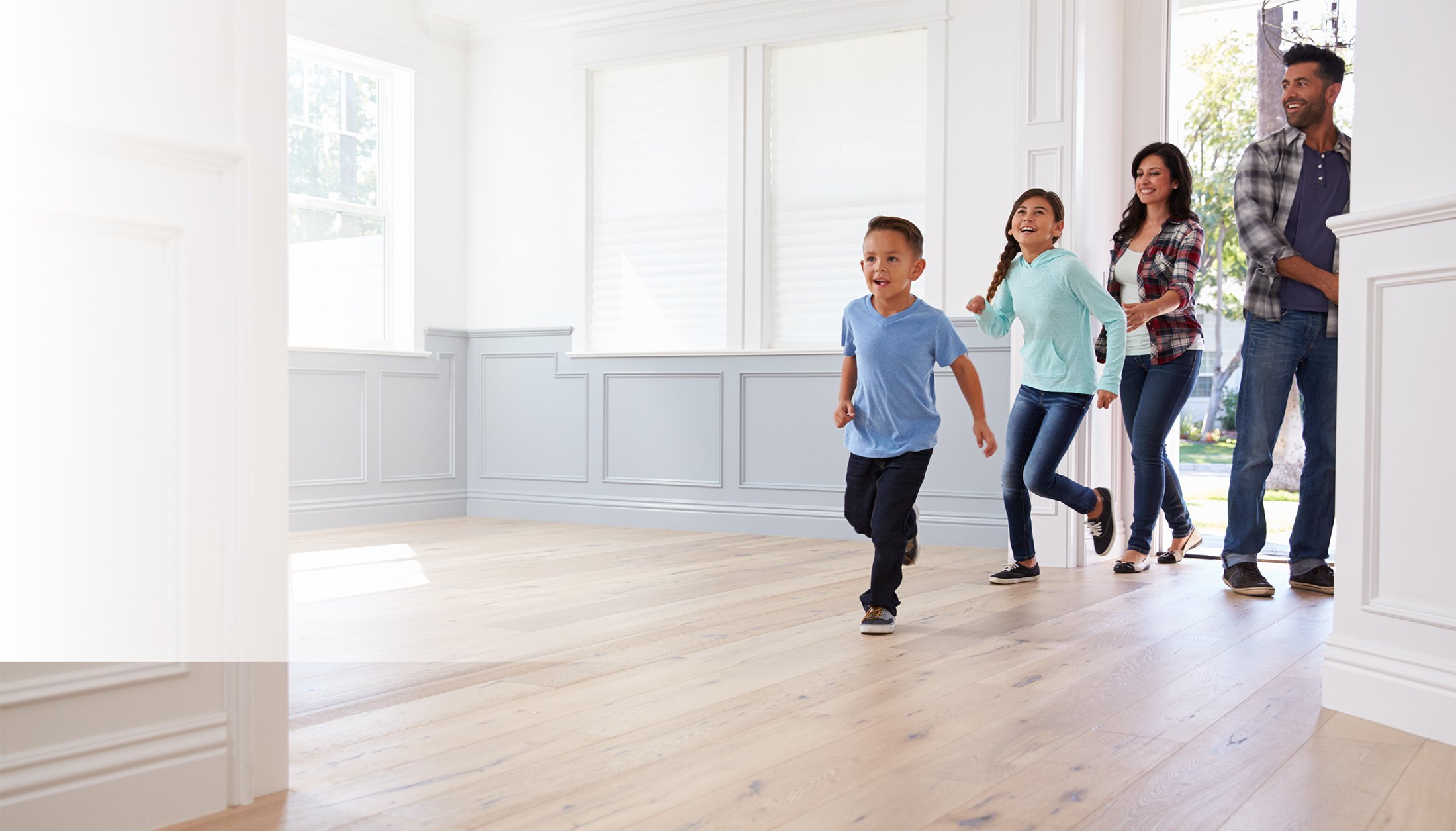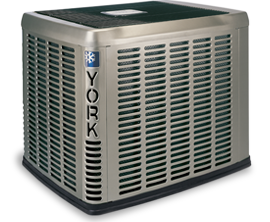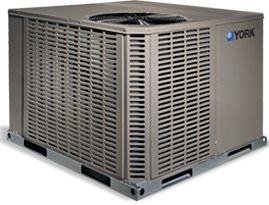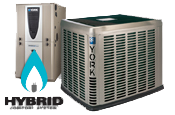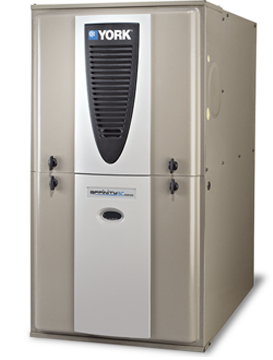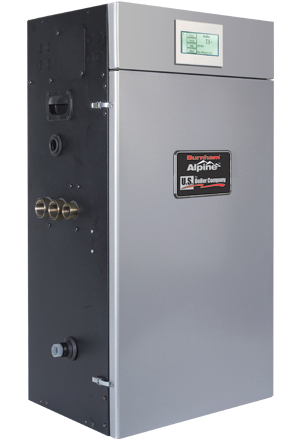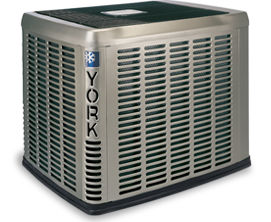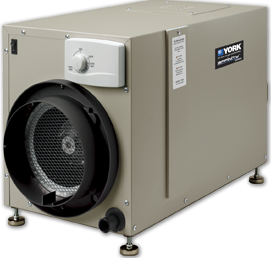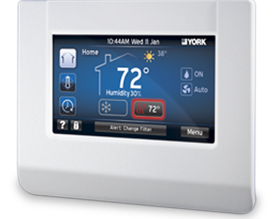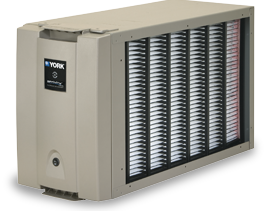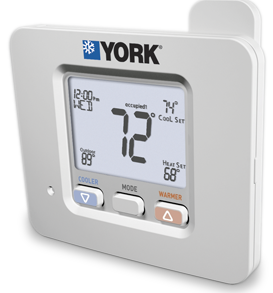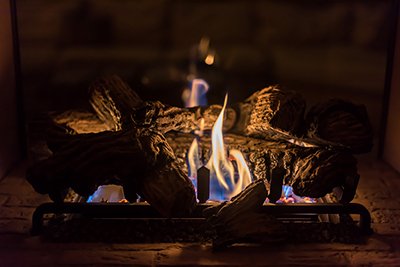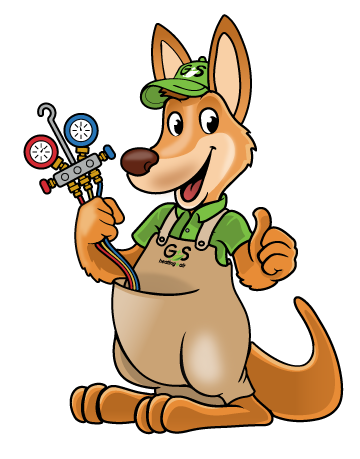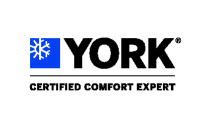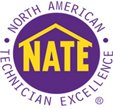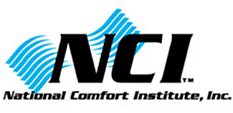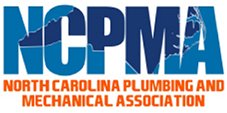With Ultraviolet (UV) Lights, you can tap the natural energy of UV rays to combat the poor indoor air quality in your home. These lights have just the right energy to break down organic molecules, completely taking them out of your HVAC system and the air you breathe. This helps them target even molecules that are small enough to slip through less stringent filters. These UV light air filtration systems are especially critical in spaces like hospitals or healthcare offices, as they can prevent or minimize the spread of airborne disease. Keep your building clean and your patients healthy with the toughest air filtration products out there.
At G+S we offer two technologies to kill bacteria, viruses, mold, and other harmful particulates. In the HVAC Ultraviolet (UV) world there are two types of solutions. The first is what is commonly referred to as a “stick light”. It goes right next to your cooling coil and is intended to keep it clean and free of microbial growth. It bathes the coil in UV-C wavelength light thereby killing mold, spores, viruses, and bacteria that come in contact with it while also helping to reduce odors off the coil. It is considered a “passive” system in that air molecules have to pass over the UV light area to be killed. If they don’t come in close proximity to the light source there is no effect on them. UV stick light treatment also increases system performance and energy efficiency by keeping the cooling coil clean of buildup.
Another set of solutions are considered “active” systems. Which means they go out into the airstream and attack bacteria, viruses, mold, gases (VOCs), odors, pollen, dust, and other airborne particles. They not only neutralize these harmful molecules in the air, they also neutralize them on surfaces such as tabletops, countertops, and furniture. The manufacturers likes to say it is a “flu shot” for your home. These active systems use two types of technologies, bi-polar ionization and photocatalytic oxidation (PCO). PCO technology is based on a UV light interacting with special metals to create oxidation. While bi-polar ionization technology is based on two emitters creating equal amounts of positive and negative ions. When these ions are injected into the air stream, creating a plasma region, they break down passing pollutants and gases into harmless compounds like oxygen, carbon dioxide, nitrogen and water vapor.
This may all sound confusing because it is. But rest assured, we have spent countless hours getting familiar with the technologies and installing them in many homes and places of business. Almost all our products have proven 99% effective at killing the COVID-19 virus. Give us a call and we can recommend the best product for your specific application.


